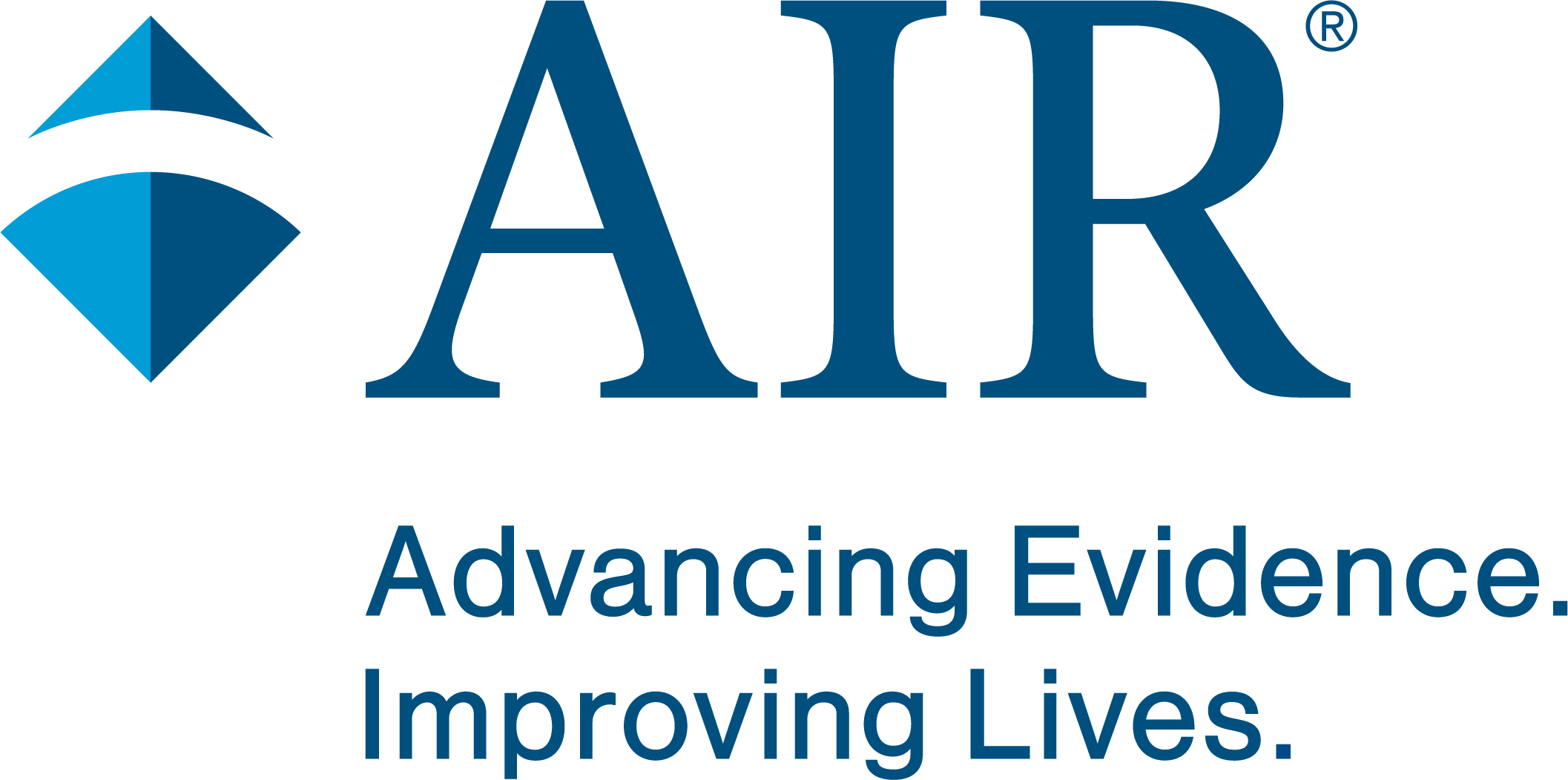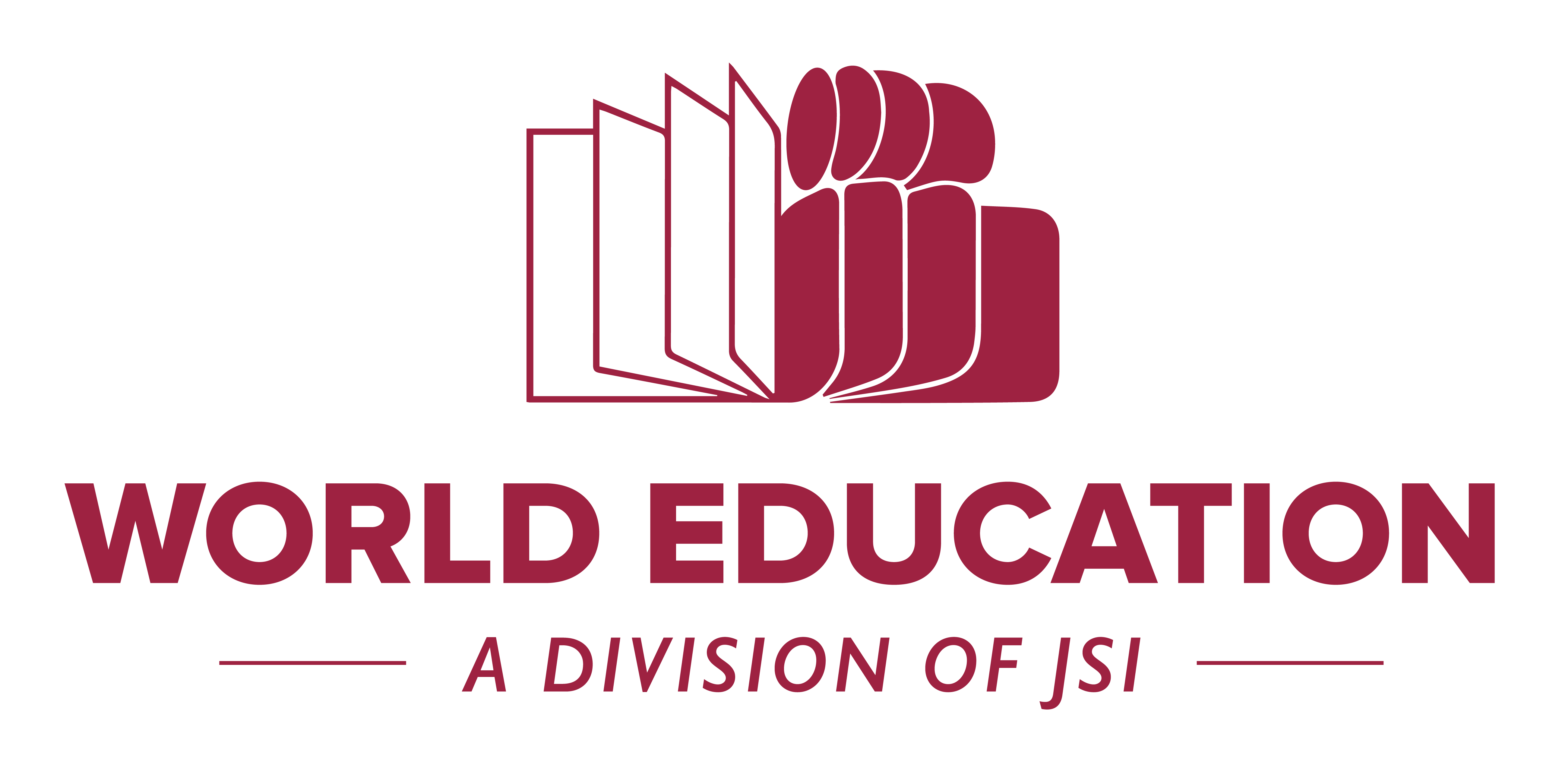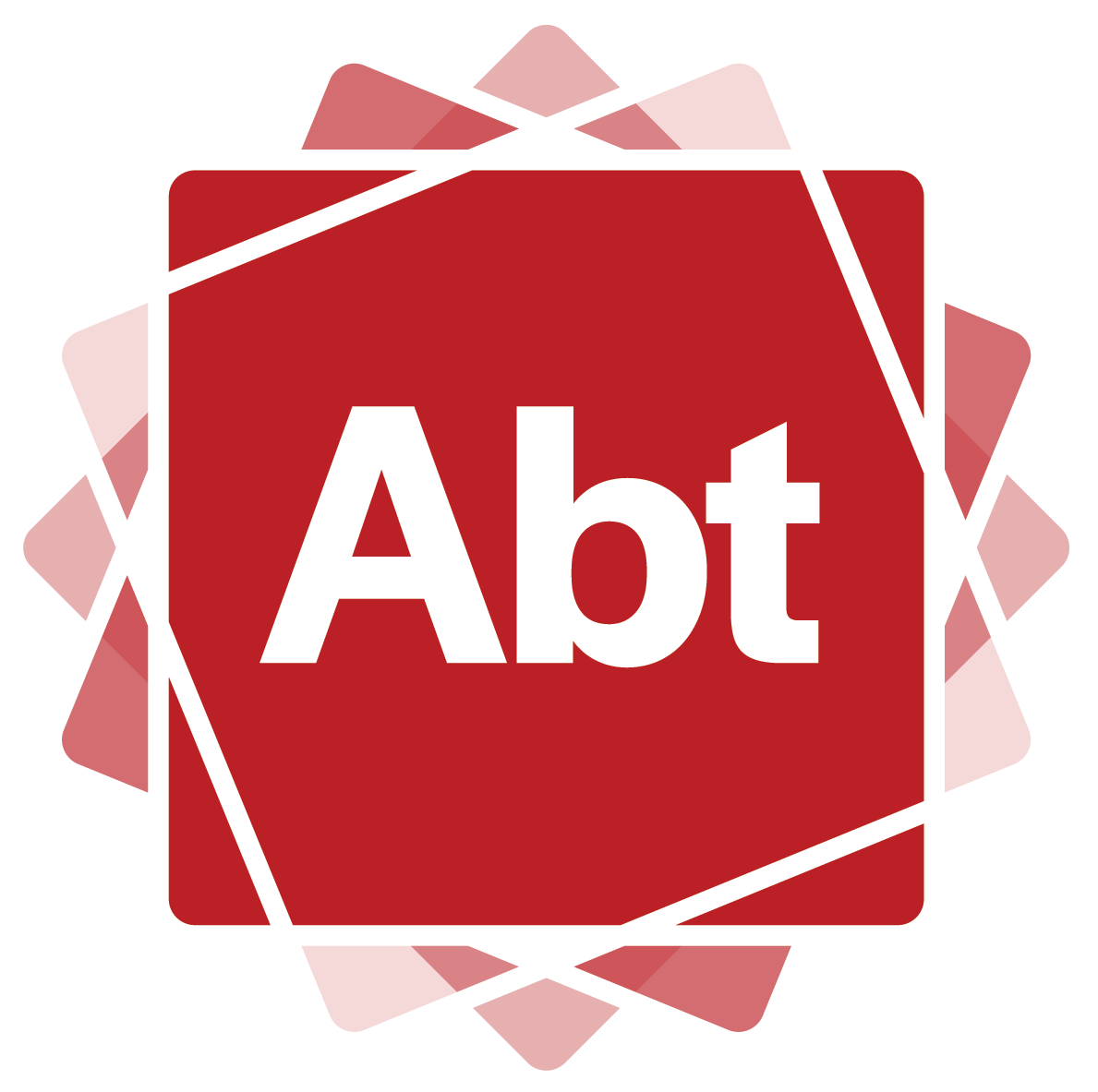Posted on
Stakeholder leaders joined the 2nd Network-wide meeting to connect with research teams and weigh in on workgroup agendas.
In spring, the CREATE Adult Skills Network Leads convened the second Network meeting. The meeting marked three milestones for the Network including bringing in a sixth research team, establishing workgroups, and introducing research teams to the Stakeholder Leaders. At every turn, this gathering was brimming with new connections and, with them, insights and inspiring ideas for partnership that will broaden the impact of the Network. Key to this impact will be the engagement and input from the Stakeholder Leaders.
The CREATE Adult Skills Network is grateful to have recruited a robust and diverse group of Stakeholder Leaders (SLs) to ensure that the research teams are able to draw on the perspectives of practitioners, researchers, policymakers, advocacy groups, learners, and professional development providers. The Stakeholder Leaders’ main role is advising the Network on the design and implementation of research studies. In addition to attending Network meetings, SLs will participate in workgroup discussions, support the dissemination of findings and resources, and leverage other opportunities to collaborate with researchers as they arise. They will be a pivotal audience for the Network as we work toward deeper understanding of how to meet adult learners’ needs through technology.
The fast-paced, engaging Network meeting left Research Teams and Network Leads with no shortage of “next steps”. For example, the Network is in the process of launching workgroups that will bring researchers and stakeholders together to have focused discussion on specific topics, potentially surface research gaps and needs, and guide new research efforts. The workgroups topics and facilitators are:
- Equity in Research on Technology Use (Lisa Sorricone)
- Research Design and Methods Relevant to the Network Studies (Stephanie Cronen)
- Developing Technology-Enhanced Instructional Interventions (Jen Vanek)
- Building a Research Agenda on the Use of Technology in Adult Education Programs (Judy Alamprese)
- Professional Development Agenda for Researchers and Practitioners (Judy Alamprese)
During the March 31st Network Meeting, Stakeholder Leaders shared their thoughts on how to best prioritize the discussions and focus of these workgroups. Conducting research in adult education presents unique challenges, especially due to the heterogeneity of program schedules, learners’ external responsibilities, and variability in resources. When it comes to developing tech-enhanced instructional interventions, stakeholders agreed that timing the intervention will prove challenging and should be a priority of this workgroup. Is there a “right time” to implement an intervention in adult education? The issue of heterogeneity in the context of DEI was raised in the research design and methods and equity in research on technology use workgroup discussions. Specifically, language and technology access were mentioned in both groups. In the equity group, this was discussed not only in the context of learners but also for educators. One stakeholder called the workgroup to “Consider the varied needs of adult educators in terms of training, access, equity, and inclusion. And the need to engage more teachers/researchers/PD providers of color in the field of adult education!” The equity theme persisted in the research and learning agenda workgroup discussion where participants pondered what could be done to leverage the data that will be collected and disseminated as a result of the Digital Equity Act.
As workgroups get off the ground and research teams continue launching their studies, the Network looks forward to CREATE-ing more connections, with stakeholders and the field as a whole. Follow us on Twitter and LinkedIn to stay connected!
A special thank you to the CREATE Adult Skills Network’s Stakeholder Leaders:
- Alisa Belzer, Professor, Department of Learning and Teaching, Rutgers University
- Amanda Berguson-Shilcock, Senior Fellow, National Skills Coalition
- Amber Gaither, Head of the Workforce Academy, National Association of State Workforce Agencies
- Amy Hiltunen, Project Manager, National Association of State Workforce Agencies
- Carol Clyburn and Esther Prins, Pennsylvania State University College of Education
- Caroline McKinnon, Senior Program Manager, Adult Education + SkillRise, ISTE
- Corina Kasior, Director of Educational Technology, Arizona Department of Education Adult Education
- Darlene Miller, Executive Director, National Council for Workforce Education
- David Rosen, Cofounder, Open Door Collective
- Deborah Kennedy, Executive Director, National Coalition for Literacy
- Debra Hargrove, Managing Director, Texas Center for the Advancement of Literacy & Learning, Texas A&M University
- Frank Gerdeman, Director, ADVANCE
- Heide Spruck-Wrigley, Director, Literacywork International
- Jennifer Duclos, Instructional Support Specialist Adult Education, Mesa Public Schools
- Jill Castek, Associate Professor, Teaching, Learning & Sociocultural Studies, University of Arizona
- Kathy Harris, Assistant Professor and Director, Literacy, Language, Technology Research, Portland State University
- Margaret Patterson, Founding Partner and Senior Researcher, Research Allies for Lifelong Learning
- Marty Finsterbusch, Executive Director, ValueUSA
- Michele Diecuch, Senior Director of Programs, ProLiteracy
- Neda Anasseri, Technology Projects Coordinator, Outreach and Technical Assistance Center (OTAN)
- Pam Gerassimides, Assistant Executive Director and Workforce Technology Director, National Association of State Workforce Agencies
- Pamela Cote, Senior Director of Curriculum and Training, Barbara Bush Foundation
- Patricia Tyler, Executive Director, National Association of State Directors of Adult Education
- Renee Collins, Adult Education Director, Outreach and Technical Assistance Center (OTAN)
- Sacha Stadhard, Manager, Policy and Program Administration, Commonwealth of Massachusetts, Executive Office of Labor and Workforce Development, MassHire Department of Career Services
- Sharon Bonney, Executive Director, Coalition of Adult Basic Education (COABE)
- Sherry Lehane, Training Specialist, Technology Integration Coach, Providence Public Library, Rhode Island
- Sheryl Hart, Deputy Associate Superintendent, Arizona Department of Education
- Steve Reder, University Professor and Chair, Department of Applied Linguistics, Portland State University






